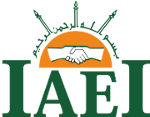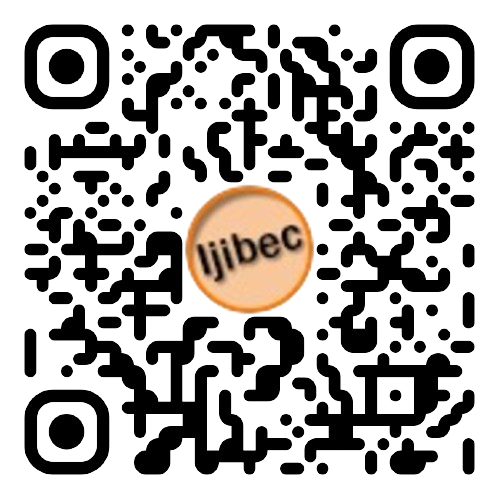Rethinking Islamic Economic and Finance Practices in Indonesia : Some Critical Reviews
DOI:
https://doi.org/10.28918/ijibec.v4i2.2751Keywords:
Islamic economics, Islamic finance, Indonesia, practices, critical pointsAbstract
This research aims to analysis some issues related to the Islamic economic and financial practices in Indonesia. This research used a descriptive-qualitative approach with content analytical, library research and critical study method. This research found some critical points on Islamic economic and financial practices in Indonesia: (i) the Islamic banking in Indonesia showed inconsistencies and partial implementations; (ii) the Islamic economic practices were not too far from the surrounding financial sectors (iii) the Islamic financial practices in Indonesia mostly focused on the Islamic Commercial Finance (ICF) sector and less concerned on the Islamic Social Finance (ISF); (iv) Sharia financial institutions were more precisely than those called ”Bank Syariah” (v) the epistemological problems in the Islamic economic curriculum needed to be answered and resolved to avoid the contra-productive outputs from the fundamental purposes. It was necessary to conduct the re-orientation of Sharia banking to strengthen its vision. All involving parties should be able to collaborate with academicians, practitioners, governments, scholars, and organizations. Those parties’ reorientation and synergy shall solve the problems related to the partial implementation of banking and answer all criticisms directed to the sharia banking














